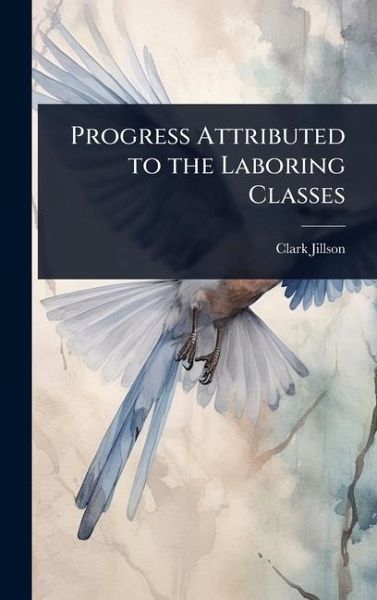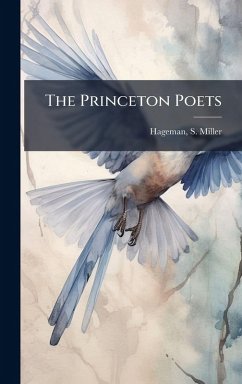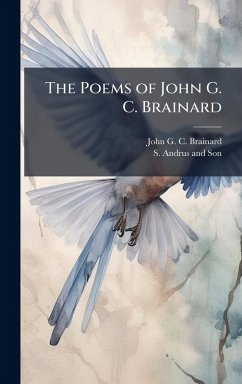
Progress Attributed to the Laboring Classes
Versandkostenfrei!
Versandfertig in über 4 Wochen
25,99 €
inkl. MwSt.
Weitere Ausgaben:

PAYBACK Punkte
13 °P sammeln!
"Progress Attributed to the Laboring Classes" is a compelling poem delivered by Clark Jillson before the Worcester County Mechanics' Association in 1853. This historical piece offers a glimpse into the social and industrial landscape of 19th-century America, celebrating the contributions of the working class and their vital role in the nation's progress. Jillson's verse captures the spirit of the era, reflecting on the dignity of labor and the burgeoning industrial movement. This edition offers a valuable historical perspective and serves as a testament to the enduring themes of labor, industr...
"Progress Attributed to the Laboring Classes" is a compelling poem delivered by Clark Jillson before the Worcester County Mechanics' Association in 1853. This historical piece offers a glimpse into the social and industrial landscape of 19th-century America, celebrating the contributions of the working class and their vital role in the nation's progress. Jillson's verse captures the spirit of the era, reflecting on the dignity of labor and the burgeoning industrial movement. This edition offers a valuable historical perspective and serves as a testament to the enduring themes of labor, industry, and social advancement in American society. This work has been selected by scholars as being culturally important, and is part of the knowledge base of civilization as we know it. This work was reproduced from the original artifact, and remains as true to the original work as possible. Therefore, you will see the original copyright references, library stamps (as most of these works have been housed in our most important libraries around the world), and other notations in the work. This work is in the public domain in the United States of America, and possibly other nations. Within the United States, you may freely copy and distribute this work, as no entity (individual or corporate) has a copyright on the body of the work. As a reproduction of a historical artifact, this work may contain missing or blurred pages, poor pictures, errant marks, etc. Scholars believe, and we concur, that this work is important enough to be preserved, reproduced, and made generally available to the public. We appreciate your support of the preservation process, and thank you for being an important part of keeping this knowledge alive and relevant.











![Specimens of the Early English Poets [Ed. by G. Ellis.]. to Which Is Prefixed an Historical Sketch of the Rise and Progress of the English Poetry and Cover Specimens of the Early English Poets [Ed. by G. Ellis.]. to Which Is Prefixed an Historical Sketch of the Rise and Progress of the English Poetry and](https://bilder.buecher.de/produkte/68/68811/68811178n.jpg)
